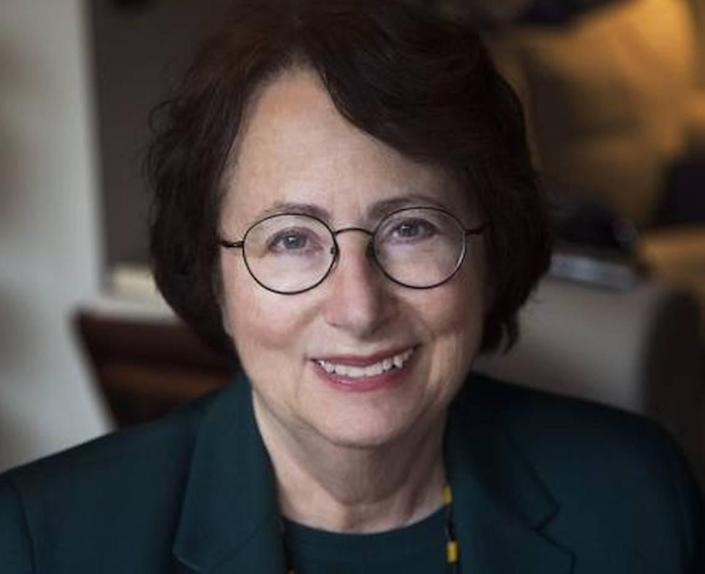On Monday, Russian and Ukrainian delegations met for talks on Ukraine’s border with Belarus — one sign of how Vladimir Putin has swallowed the country of Belarus while the world was watching the war in Ukraine.
Belarusian troops may now supplement Russians in the effort to conquer Kyiv, and Belarus could serve as a new base for Russian nuclear weapons. Here’s some background on how Putin effectively annexed Belarus and made it the model for what he still hopes to do with Ukraine.
Belarus, a country of around 9.5 million people that sits on Russia’s eastern border and Ukraine’s northern border, has been in Vladimir Putin’s sights as long as Ukraine has. Putin considers those two independent countries, both of them former Soviet republics, to be a part of the historic Russian heartland.
He claims they were unfairly separated from the motherland after the breakup of the Soviet Union in 1991.
Since 1994, Belarus has been ruled by the authoritarian Alexander Lukashenko, who managed to maintain a certain balance between West and East, while also maintaining centralized state controls over the economy and the political system. That supposed neutrality was why peace talks over Putin’s first invasion of Ukraine in 2014 were held in the Belarusian capital of Minsk.
However, the Kremlin has been pursuing what some called a “soft annexation” of Belarus for some time. Russian oligarchs — members of the super-wealthy elite who managed to acquire private control over major industries as the Soviet Union collapsed — have bought up key pieces of the Belarusian economy. And Moscow has pressed Belarus to export goods through Russian ports.
But, until now, there were never Russian troops based on Ukrainian soil.
Why is Belarus helping Russia invade Ukraine?
In 2020, Lukashenko became beholden to Putin for saving his dictatorship. A younger Belarusian generation — one that was allowed to travel and was tired of Soviet-style rule — rebelled against Lukashenko’s rigging of a presidential election. Exit polls and election monitors believed the election had been won by Sviatlana Tsikhanouskaya, a former English teacher and homemaker who courageously stepped in to run after her popular candidate husband was jailed.
When hundreds of thousands of citizens protested the stolen election, Lukashenko crushed the demonstrators with the full political and economic support of Putin. The Russian leader bailed out the Belarusian economy and made clear he would oppose any effort to democratize the country.
So Lukashenko was in no position to say No when Putin sent 30,000 Russian troops to Ukraine in February for joint exercises with Belarusian troops, in obvious preparation for the Russian invasion. The Belarusian border lies only around 140 north miles by good road to the Ukrainian capital, Kyiv.
Those Belarusian troops, so far, have remained loyal to Lukashenko, and it now appears that some of them will join the Russian invasion of Ukraine.
All expectations are that Russian troops will remain in Belarus, and Russia will establish bases there. Moreover, Lukashenko just pushed through a referendum renouncing Belarus’ non-nuclear status, which it agreed to when it gave up its Soviet-era nuclear weapons in 1994. That means Russia could move nuclear weapons into Belarus.
Does Putin’s effective takeover of Belarus have bigger security significance to NATO beyond the serious threat it poses to Ukraine?
Yes. If you look at a map, you see that Belarus also borders Poland and Lithuania. That means that Russia can now move nuclear weapons up to the border of those states, both of them NATO members. It also means that Lithuania and the other two Baltic states, Latvia and Estonia, are almost cut off by Russia-controlled territory from other NATO countries — connected only by a 60-mile strip of border with Poland known as the Suwalki Gap.
So why was Belarus the site of peace talks, held Monday between Russian and Ukrainian delegations?
The talks were not held in Belarus. Ukraine turned down Russia’s first proposal to conduct the talks in Minsk, precisely because of the risk that the Ukrainian delegation would not return alive. Instead, the talks were held on the border of Belarus and Ukraine, after assurances from Lukashenko that the Ukrainian delegation would remain safe.
President Volodymyr Zelenskyy had suggested other locations, but Russia refused, so the Ukrainians took a risk and went to the Belarus border.
At least for the first round of talks, they returned unharmed.
Trudy Rubin is a columnist and editorial-board member for the The Philadelphia Inquirer.
©2022 The Philadelphia Inquirer






